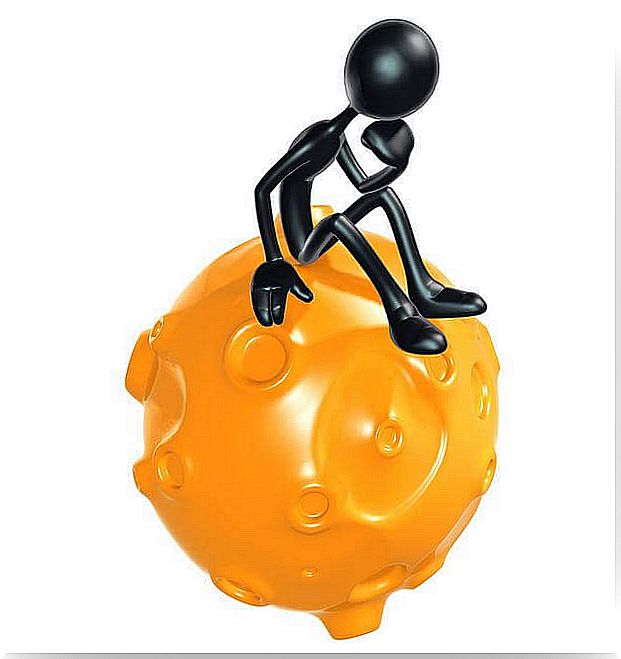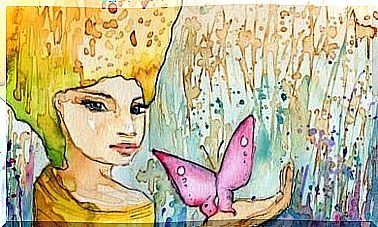The Way Of Thinking Determines The Mood

Our way of thinking determines our mood and our emotions. If we think we’re okay, that’s how we’ll feel. It’s not the things that happen that make us feel better or worse: what will decide how we’re going to feel is the inner interpretation we make of the events.
Many people react differently to the same event. For example, let’s imagine that someone has a chain with a pendant, which has great sentimental value. It is a gift from someone dear, who wants to always remember.
One day a thief appears, armed with a knife, punches the person in the eye and steals their precious chain. I will demonstrate here what it would be like if this robbery had happened to three different people, and describe the different ways of reacting to the situation:

First person: 100% negative
She only concentrates on the negative, continues to dwell on the tragedy of having her object of enormous sentimental value stolen, in addition to complaining about being sore from the punch in the eye.
His thoughts are 100% negative, he sees absolutely nothing good about what happened, other than thinking that if he had gone down another street, or if he had gone somewhere else, nothing would have happened. Result? With negative thoughts, your emotions will also be incredibly negative, and you may experience excess pain, impotence, anxiety attacks, etc.
Second person: 60% negative and 40% positive
This second example is also of a negative person. Of course, if something bad happens to us, we will think negatively. But unlike the previous case, in addition to negativity, there is also a reassuring and positive part, and this balances the emotions a little and lessens the feeling of unease.
This person thinks that even if they lost something of value and despite being in pain from the punch, it could have been much worse if they had been hit more. At least her health is unaffected and she feels some relief about it.
He knew how to understand the situation in a way that was not as catastrophic as the first. Of course you will feel bad, but it will be more fleeting than the first case. The way of thinking changes things. We’ve all asked ourselves at some point, “How does such a person cope with the problems he has? What strength!”.
In reality, what these people have to face the adversities of life is a way of looking at things from an optimistic and hopeful perspective, believing in the future. They cling to the little things in life, their basic needs.
Third person: free spirit that clings to life
This case is of someone with a positive spirit, who always values life as the basis of things. Surprisingly, you have about 70% positive thoughts and only 30% negative thoughts. She feels sad for having lost her belonging, she feels the pain of the punch, but she also feels joy at being alive. He’s the kind of person who accepts that bad things go by quickly and believes he hit the jackpot because the thief only punched him.
There she is, aching, lying on the ground, but relieved to be alive. These people forget about negativity and cling to life tooth and nail. What they value most in their thoughts is the joy of staying alive, and that’s why their emotions will be much better than in previous cases.
Depending on our way of thinking, events will affect us excessively, moderately, or not at all. All events have many matrices, it’s good to learn that things aren’t black or white, there’s a lot in between.
There are problems that no one is able to stay positive with; these theories are often difficult to apply, but there is always a light inside any negativity, there is always something we can cling to to make things better.
Everything is in our mind, we are in control of the situation. Always look for the reassuring and positive side of things. Even though it’s not easy, practice. It pays to gain quality in emotions, and only we have the power to manipulate them with reflection and perseverance.









